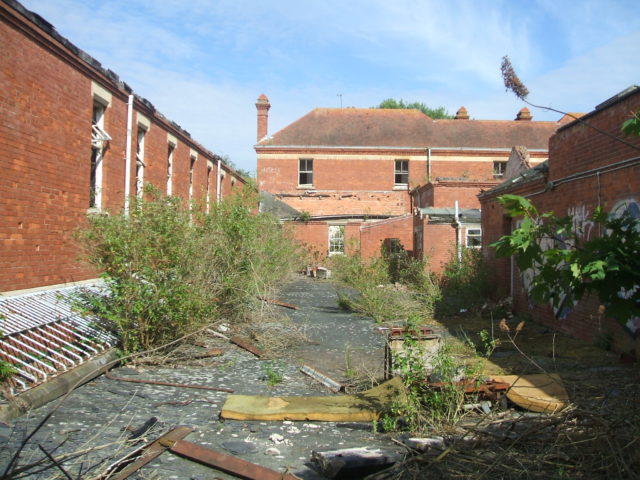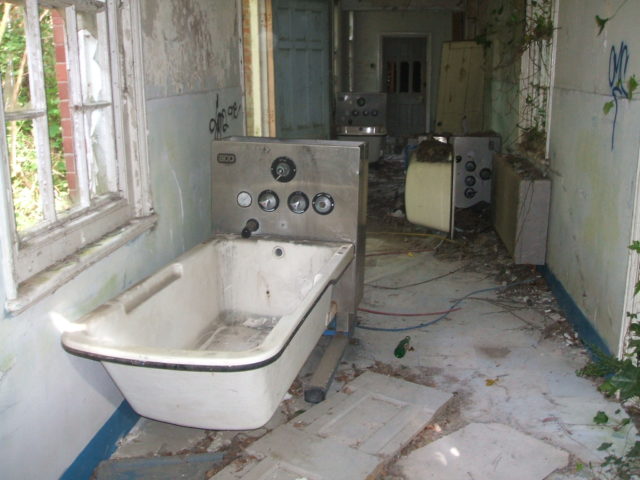At the beginning of the twentieth century, East Sussex County decided it needed to build an additional hospital because the existing Hayward Health Asylum was becoming overcrowded. Consequently, they created a large psychiatric hospital called Hellingly Hospital, named due to its proximity to the village of Hellingly.
The hospital was built on a 400-acre estate that the Sussex County authorities acquired for £16,000 from the Earl of Chichester.
The architect of the hospital was George Thomas Hine, who specialized in building asylums. The design of the hospital was one of the most advanced of the time.
Construction on his project began in 1898 and total construction costs amounted to £353,400. The official opening took place in July 1903.
The huge complex was designed to cater to every need and as well as central and administrative blocks it also included a recreation hall, shops, kitchens, a power station, a dental office, a hairdressing salon, and a chapel.
Interestingly, the hospital maintained its own electric tramway known as Hellingly Hospital Railways. The hospital’s railway was connected to the main railway station in Hellingly and from there it transported coal that was needed to sustain the boilers and power plant.
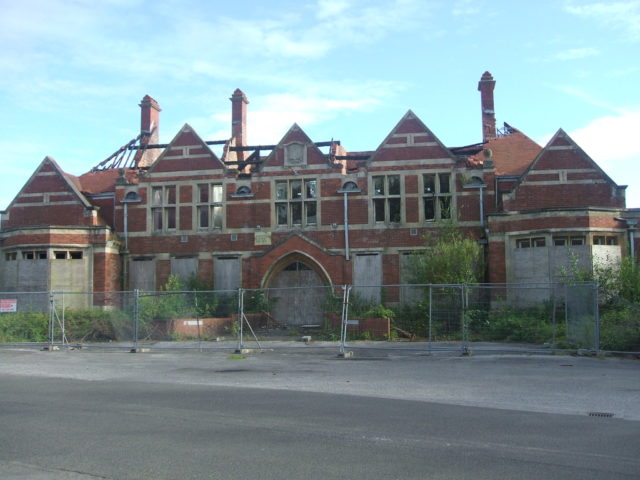
Two separate blocks were built so that men and women could be housed separately on-site. Near the men’s chambers on the west side were workshops, a boiler room, a water tower, and a maintenance department, and male patients worked in all of them. Laundries, a sewing room, and homes for nurses were built next to the women’s wards on the east side.
The hospital management also decided to build an extra annex called Park House for children who were considered “mentally defective.”
In an isolated position in the forest, northwest of the main complex, was a building that housed patients with infectious diseases. It was hoped that these contagious diseases could be treated in an isolated spot that would prevent the spread of infection to other patients.
The electric tram stopped taking passenger traffic in 1930 and then the railway track itself was removed in 1959 when the hospital started to use oil instead of coal to heat its boilers.
By the end of the 20th century, the number of patients was gradually decreasing. Despite Hellingly being chosen as one of the five mental hospitals in the southeast to accommodate a medium secure unit, the main hospital ended up being emptied and closed down in 1994.
After the site was abandoned, the complex suffered from arson attacks, vandalism, and theft. However, the secure unit, named Ashen Hill, continued to operate until 2012.
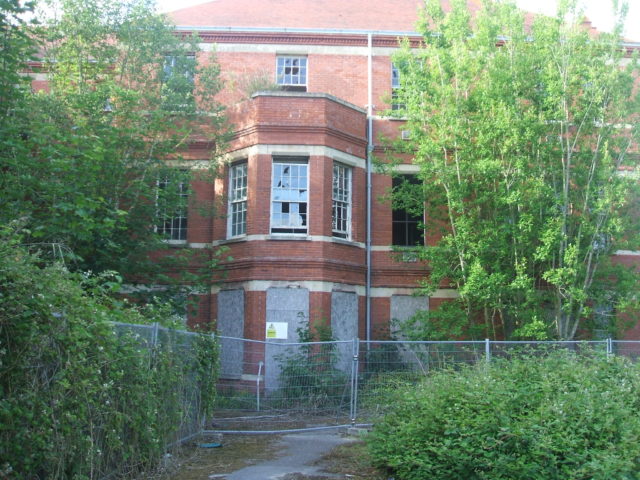
The former hospital soon became a favorite spot for urban researchers and street artists. Over time, the ceilings began to collapse and the windows were partly knocked out.
Eventually, plans for the demolition of the abandoned hospital were brought up and the decision was made to build a residential complex in its place. In mid-2010, some demolition work had already been carried out, but some buildings were left in place.
At the moment, a new medium secure unit known as The Hellingly Center (which opened the year that Ashen Hill closed) is still running and there are plans to open more units alongside the residential housing being built.
The photos below were taken by photographer Ben Garratt who has been photographing and videoing oval track racing events since 2007. You can find a lot of different photos from some abandoned places on his Flickr account which were taken for illustration purposes only.
In addition, all his photos are available in various sizes and prints can be obtained by contacting Ben Garratt via his Facebook page.
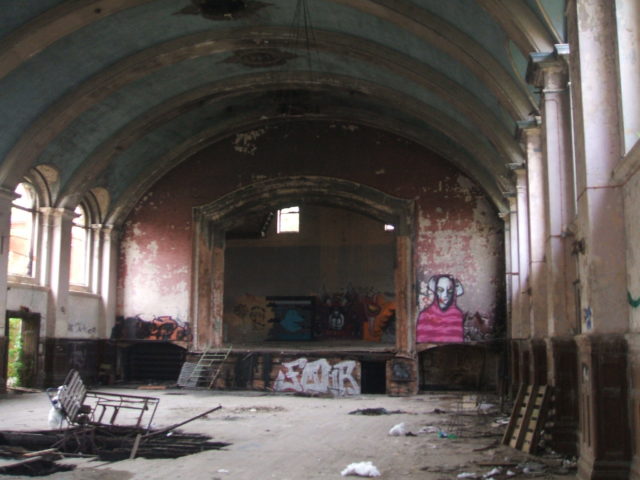
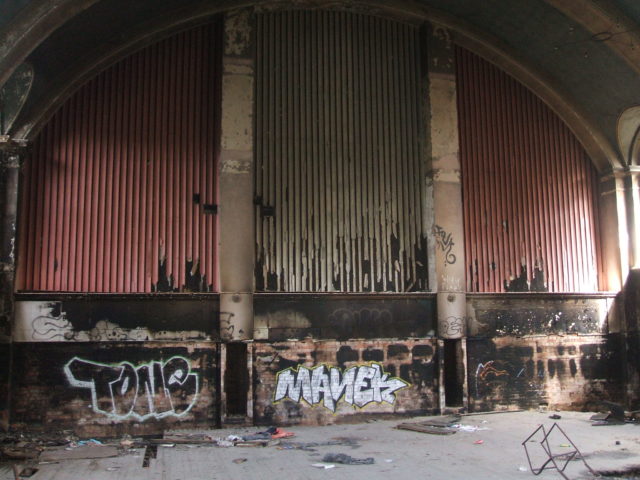
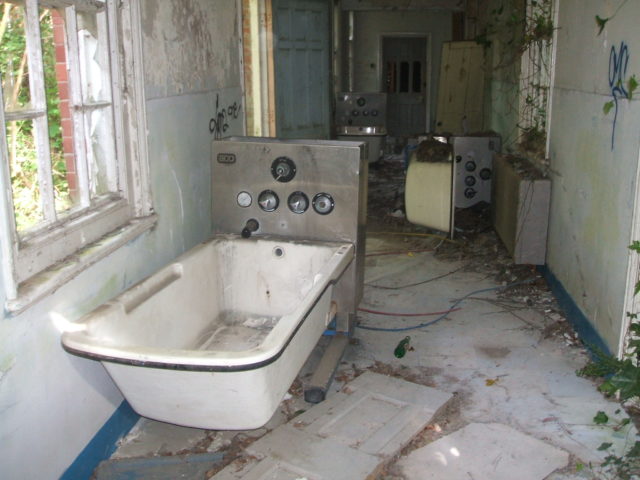
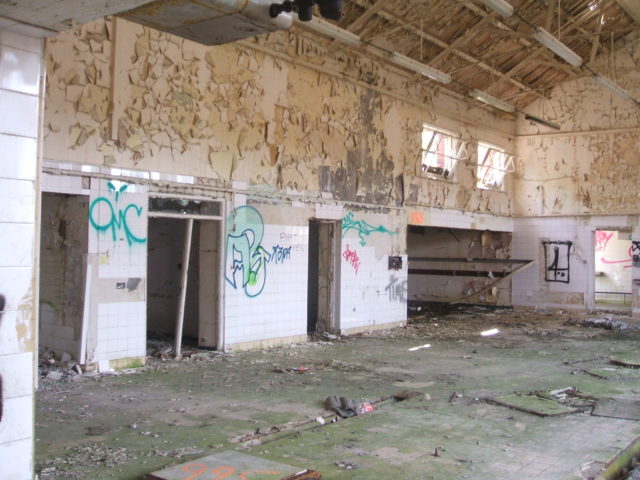
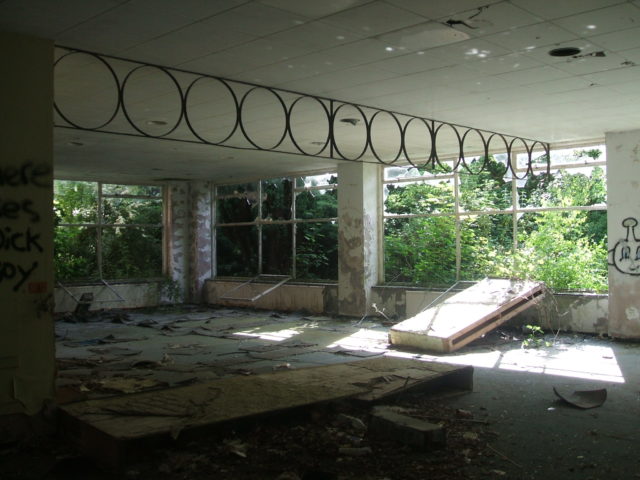
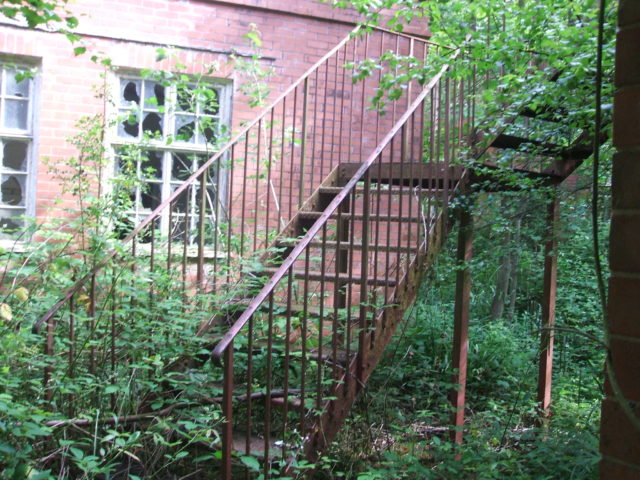
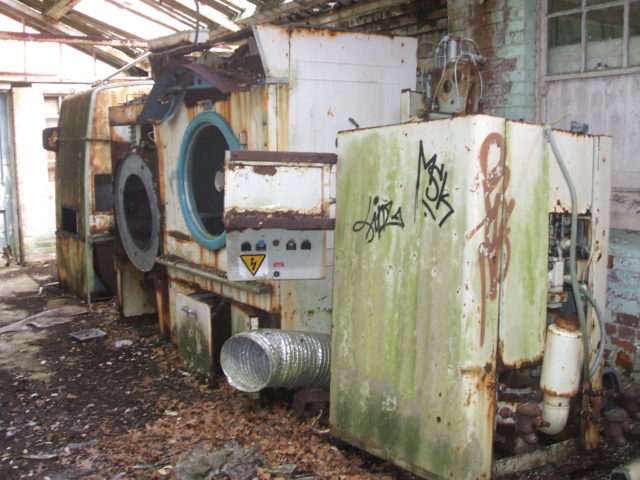
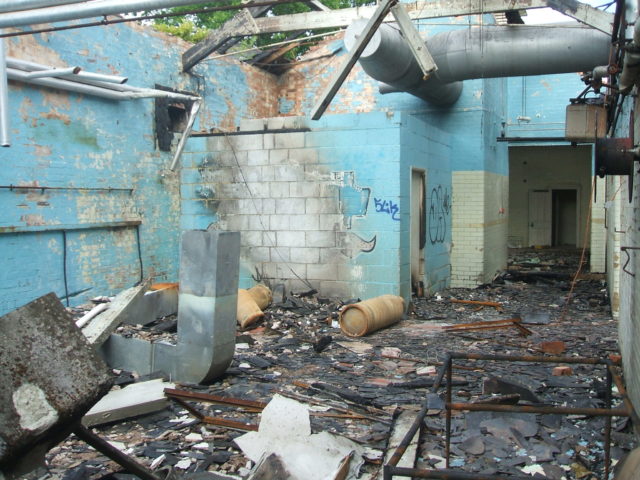
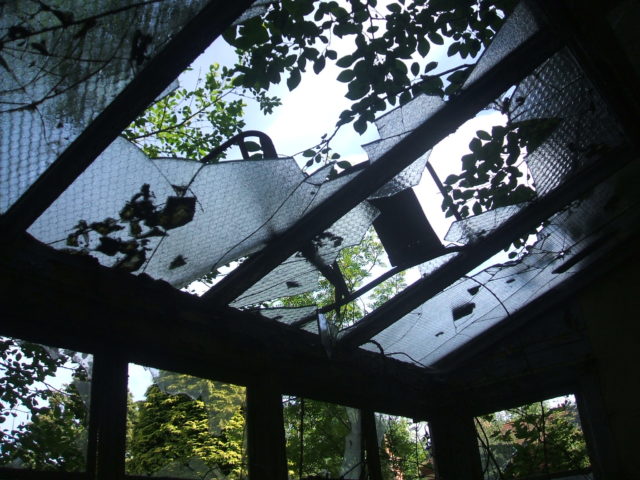

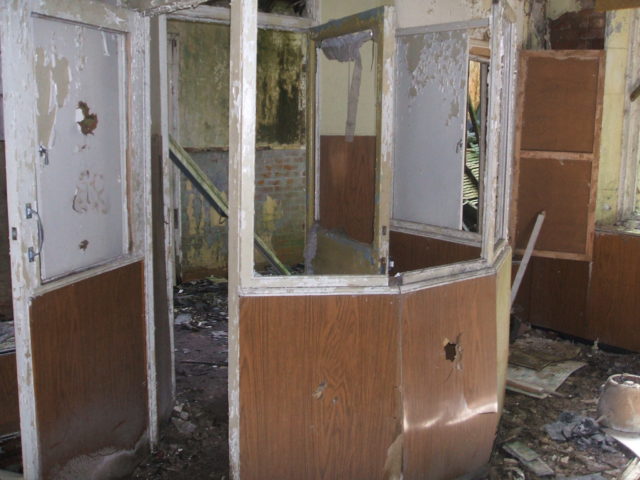
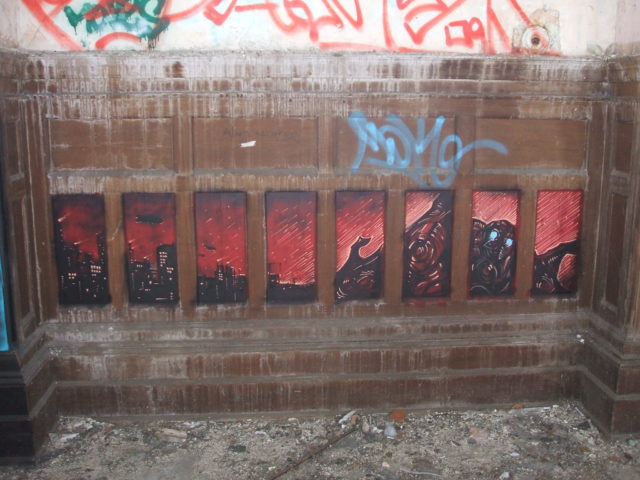
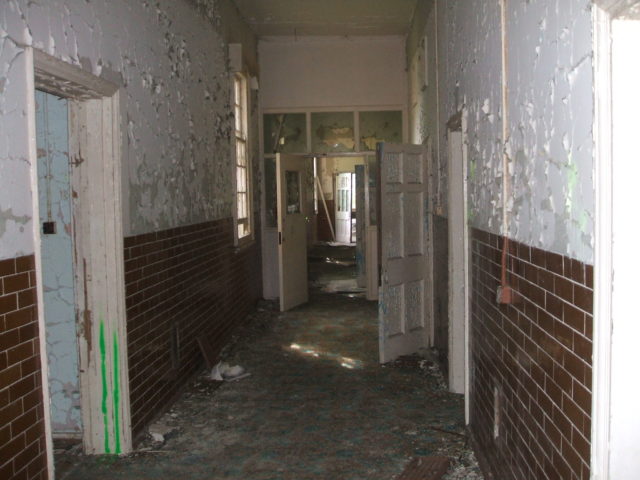

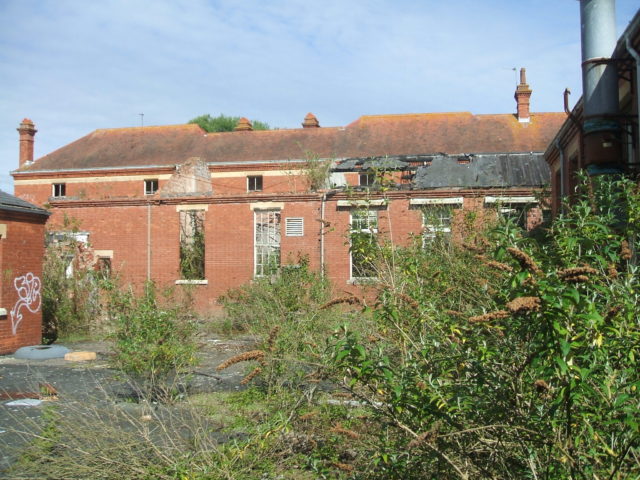
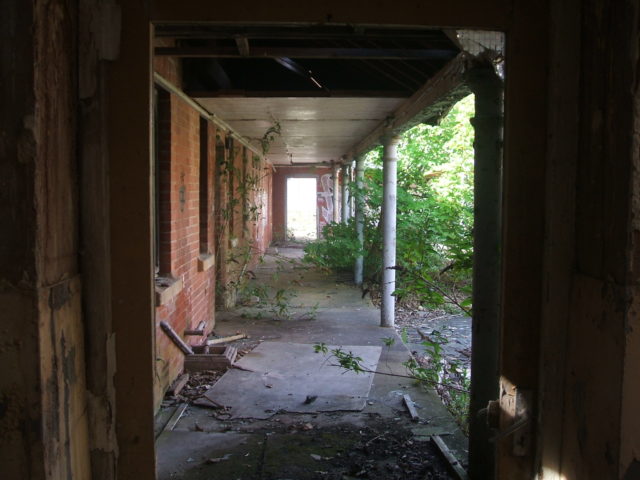
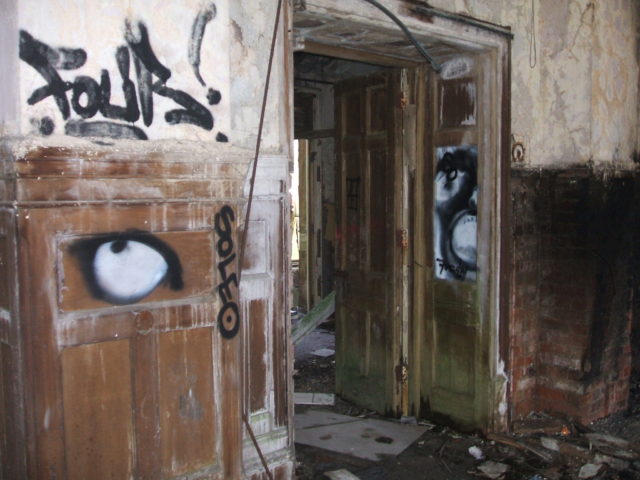
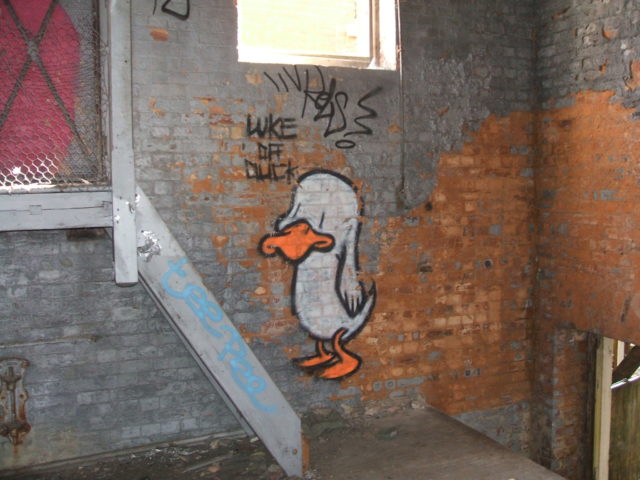
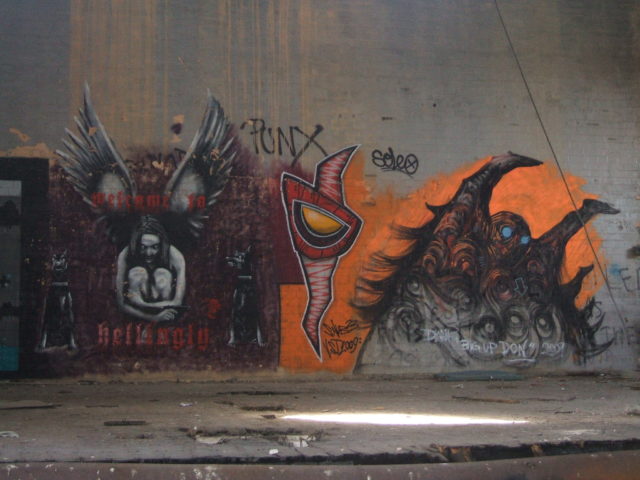
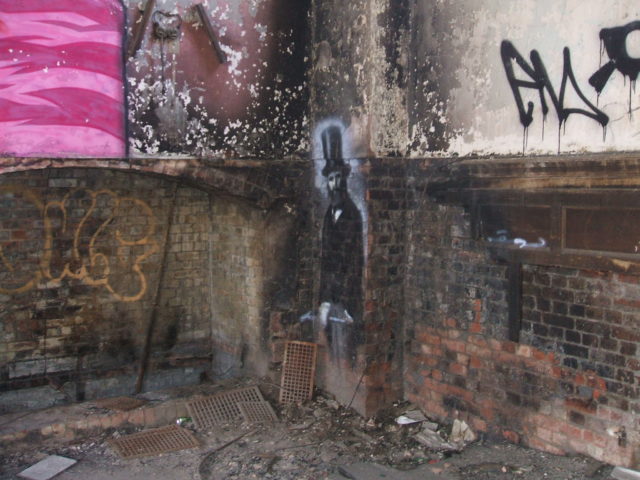
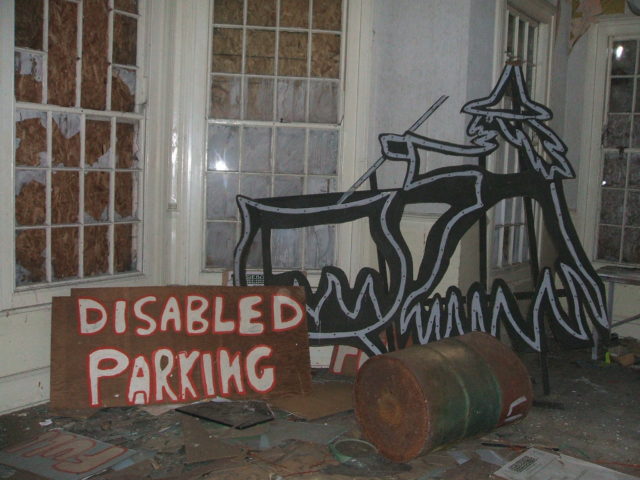
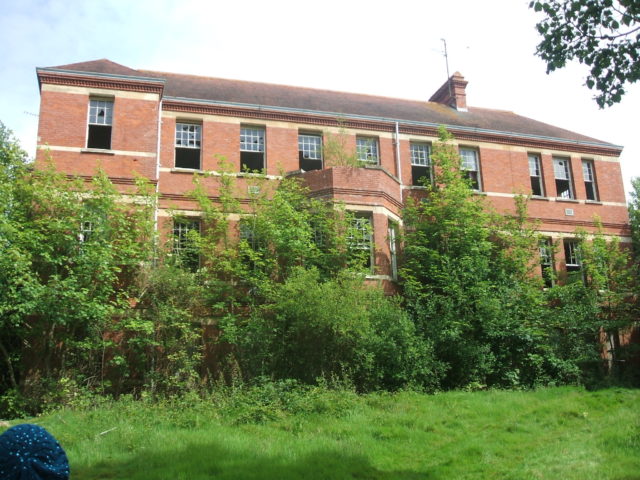
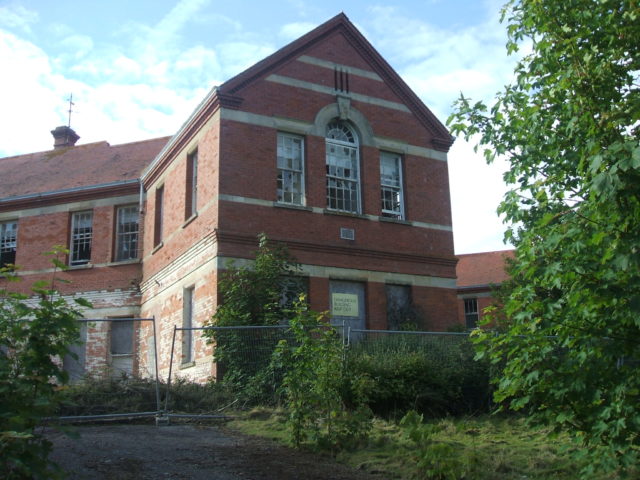
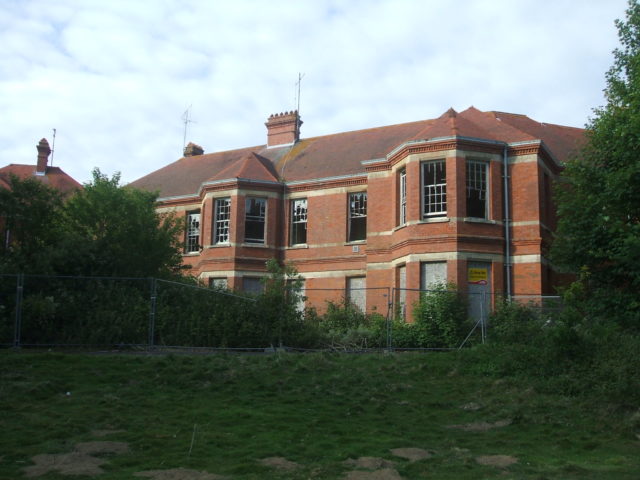
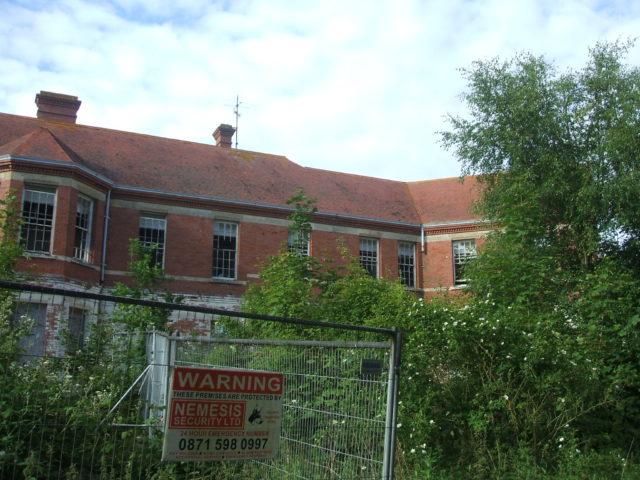
Another Article From Us: Abandoned Masonic Temple of Santa Cruz de Tenerife, Spain
